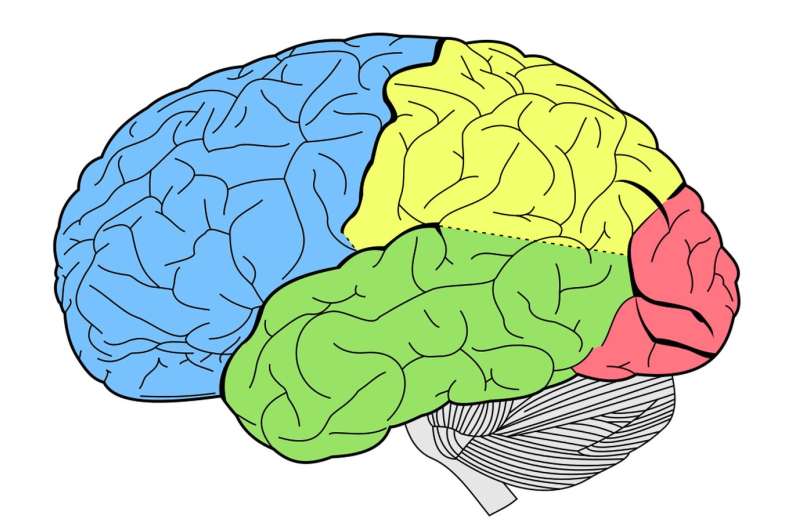This article has been reviewed according to Science X's editorial process and policies. Editors have highlighted the following attributes while ensuring the content's credibility:
fact-checked
peer-reviewed publication
trusted source
proofread
How climate change could be affecting your brain

A new element of the catastrophic impacts of climate change is emerging—how global warming is impacting the human brain.
In a paper published today in Nature Climate Change, an international team of academics explores the ways in which research has shown that a changing environment affects how our brains work, and how climate change could impact our brain function in the future.
The paper is led by the University of Vienna with input from the universities of Geneva, New York, Chicago, Washington, Stanford, Exeter in the UK and the Max Plank Institute in Berlin. It also explores the role that neuroscientists can play in further understanding and addressing these challenges.
Lead author Dr. Kimberly C. Doell, of the University of Vienna, said, "We've long known that factors in our environment can lead to changes in the brain. Yet we're only just beginning to look at how climate change, the greatest global threat of our time, might change our brains."
"Given the increasingly frequent extreme weather events we're already experiencing, alongside factors such as air pollution, the way we access nature and the stress and anxiety people experience around climate change, it's crucial that we understand the impact this could all have on our brains. Only then can we start to find ways to mitigate these changes."
Since the 1940s, scientists have known from mouse studies that changing environmental factors can profoundly change the development and plasticity of the brain. This effect has also been seen in humans in research looking at the effects of growing up in poverty, which found disturbances to brain systems, including lack of cognitive stimulation, exposure to toxins, poor nutrition, and heightened childhood stress. While not entirely surprising, this research highlights the profound impact that one's environment can have on their brain.
Now, the authors are calling for research to explore the impact on the human brain of being exposed to more extreme weather events, such as heat waves, droughts, hurricanes, and associated forest fires and floods. They believe such events may change brain structure, function, and overall health, and also call for more research to evaluate how this may explain changes in well-being and behavior.
The paper also explores the role that neuroscience can play in influencing the way we think about climate change, our judgments, and how we respond.
Dr. Mathew White, of the Universities of Exeter and Vienna, is a co-author of the study. He said, "Understanding neural activity that is relevant to motivations, emotions, and temporal horizons may help predict behavior and improve our understanding of, underlying barriers preventing people from behaving as pro-environmentally as they might wish."
"Both brain function and climate change are highly complex areas. We need to start seeing them as interlinked, and to take action to protect our brains against the future realities of climate change, and start using our brains better to cope with what is already happening and prevent the worst-case scenarios."
The paper is entitled "Leveraging neuroscience for climate change research," and is published in Nature Climate Change.
More information: Mathew White et al, Leveraging neuroscience for climate change research, Nature Climate Change (2023). DOI: 10.1038/s41558-023-01857-4




















